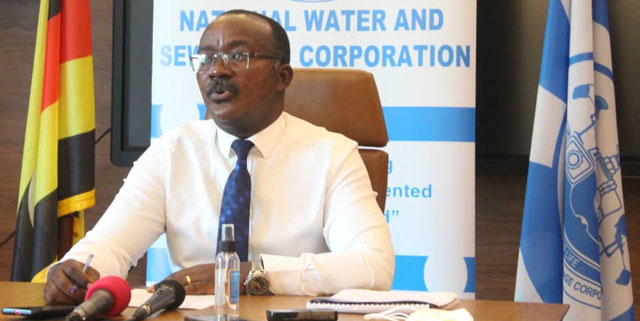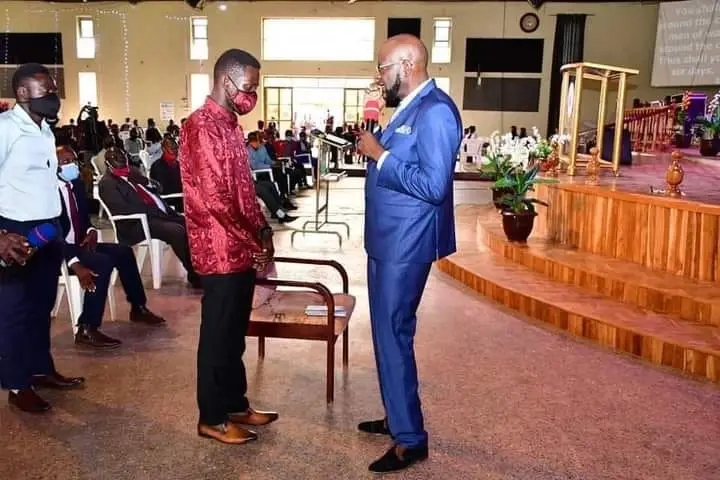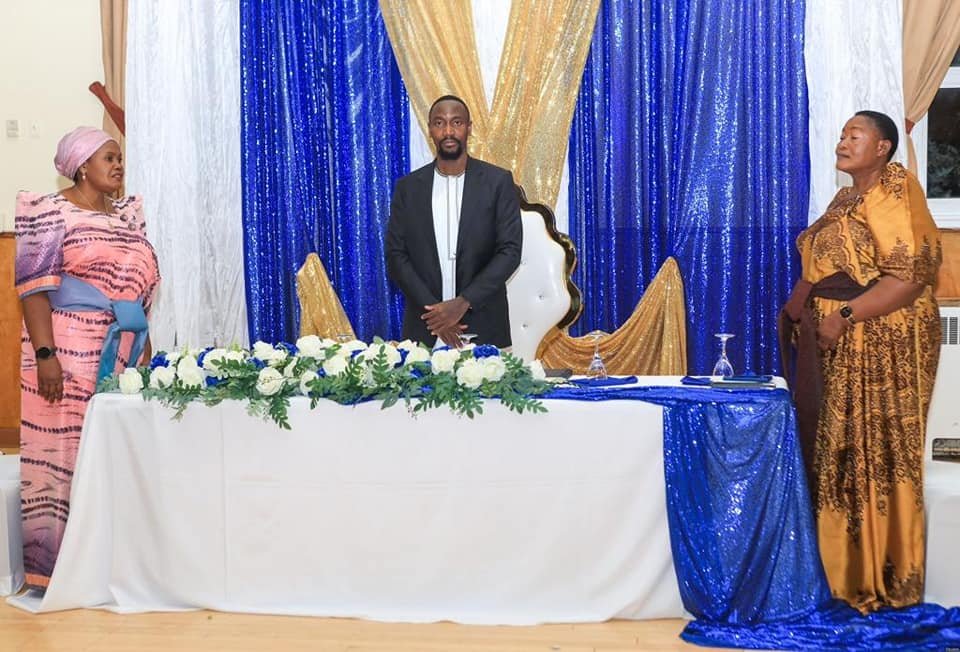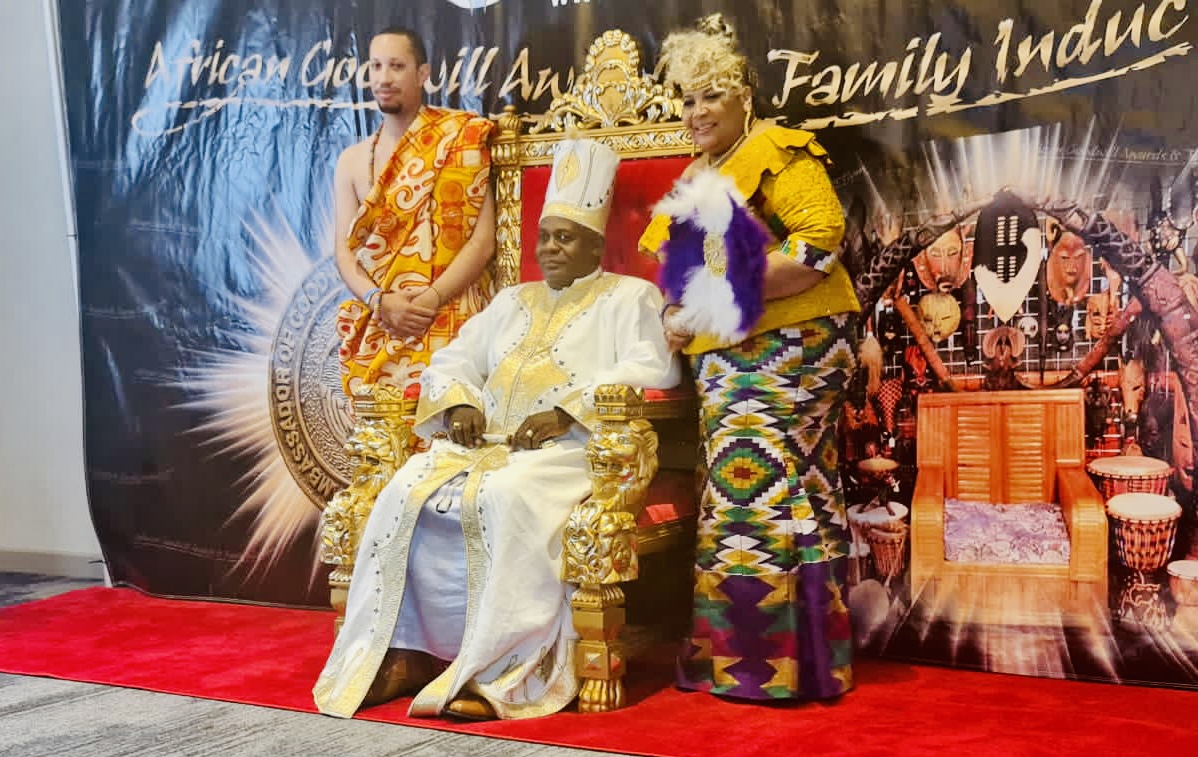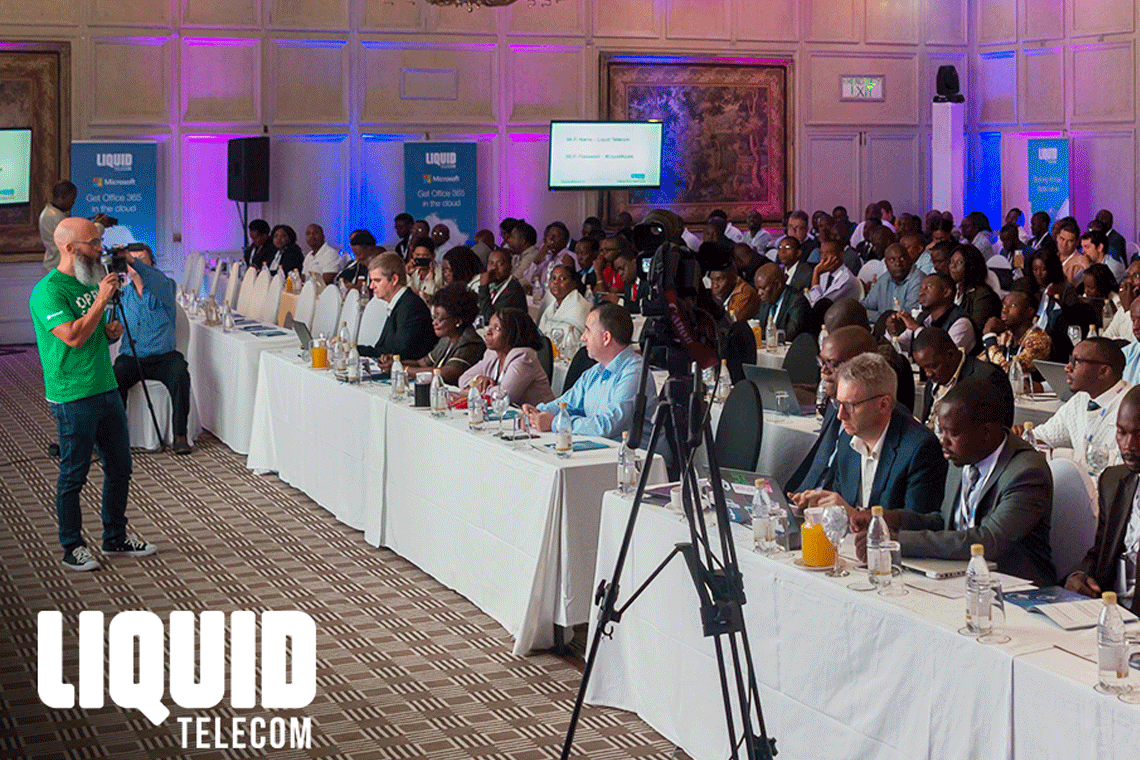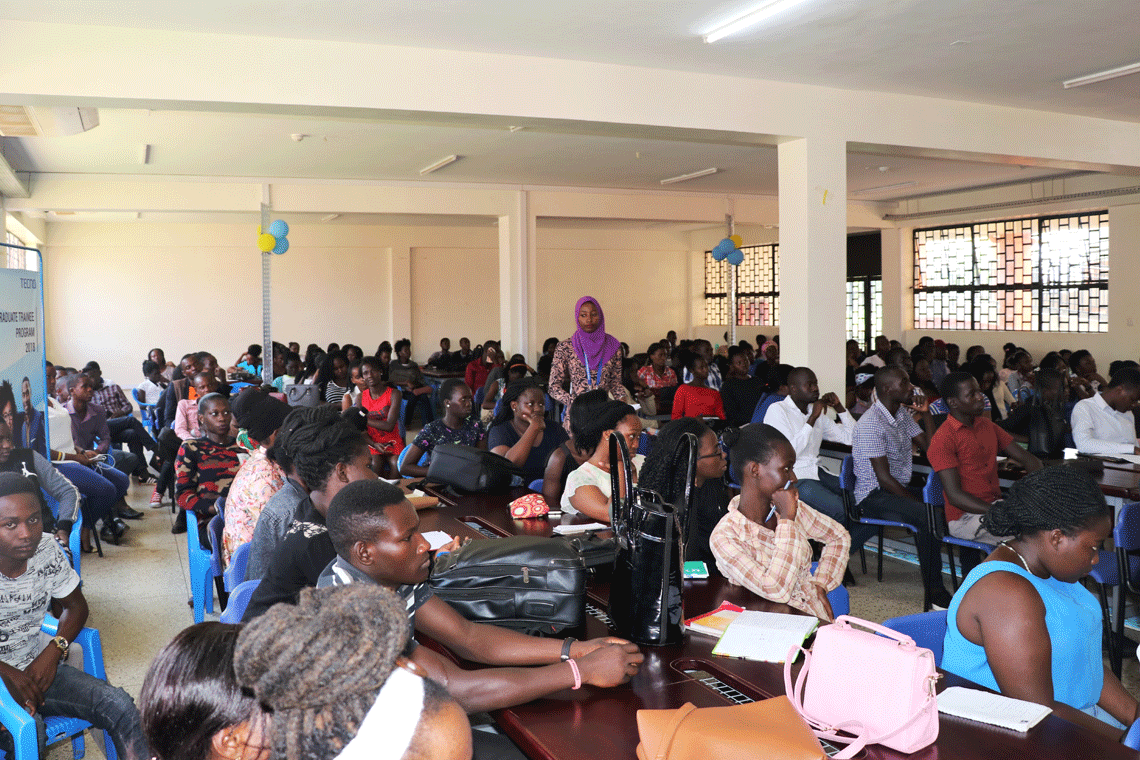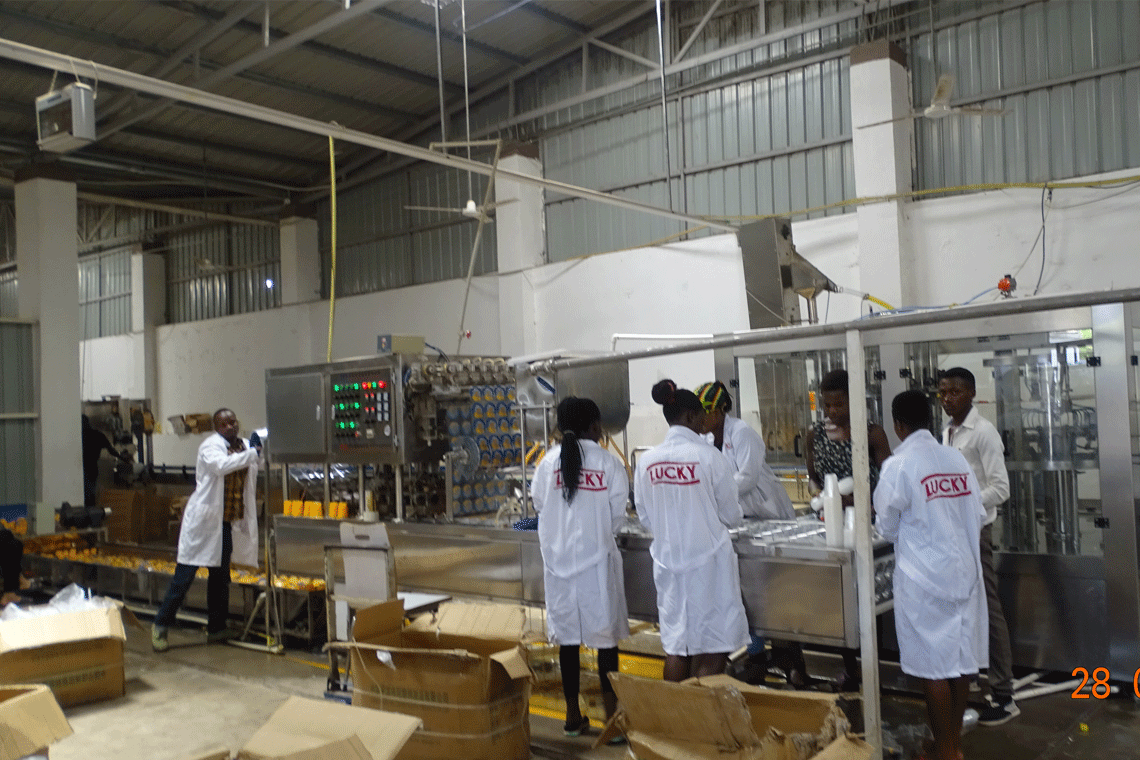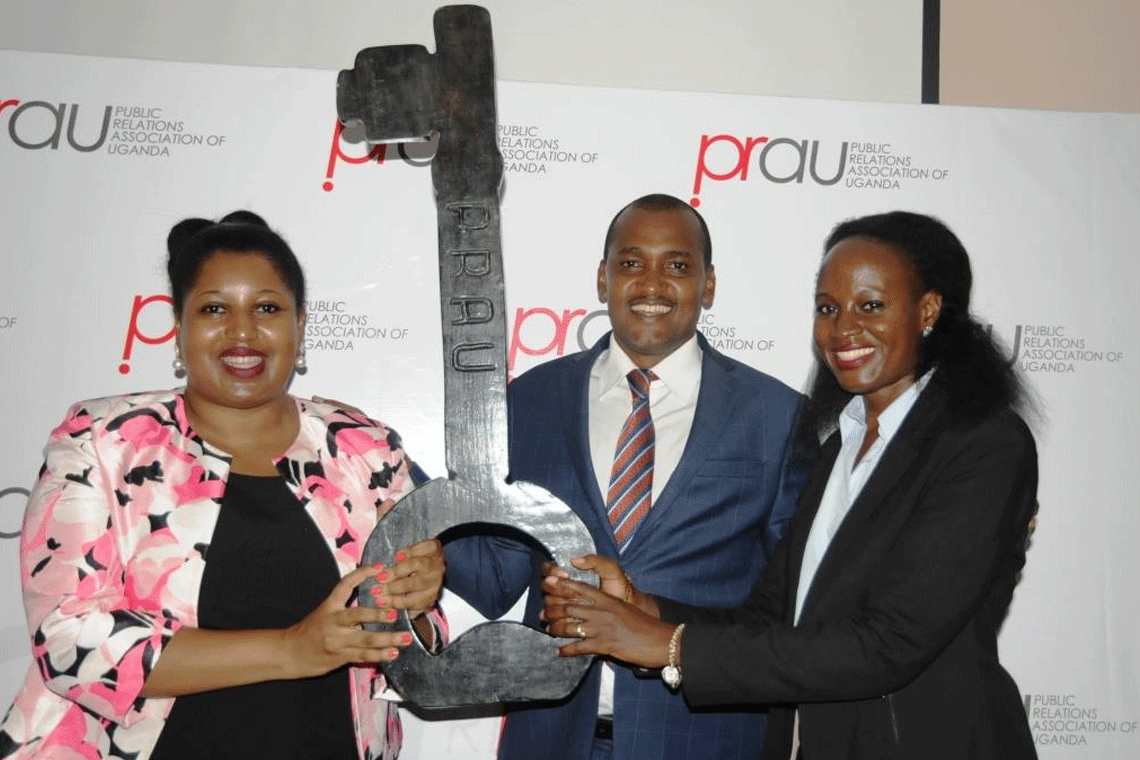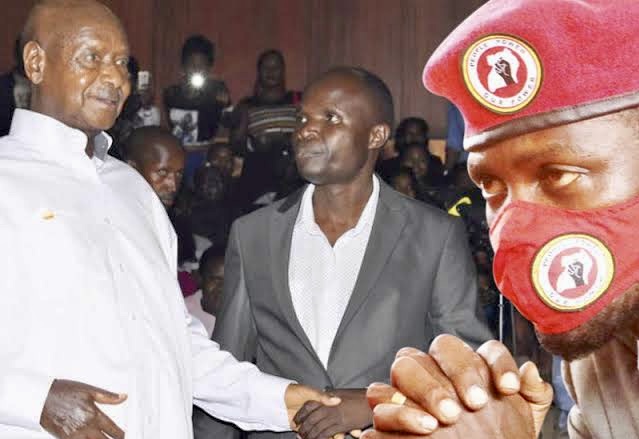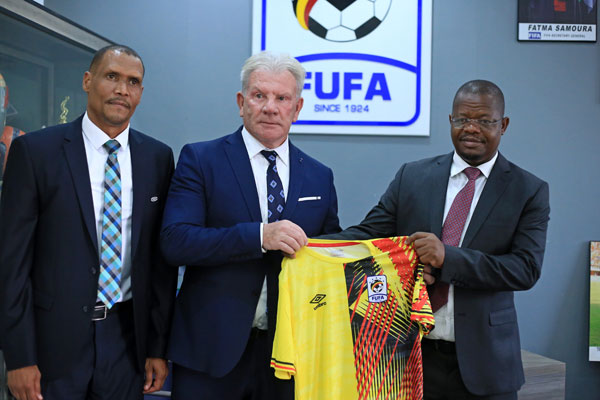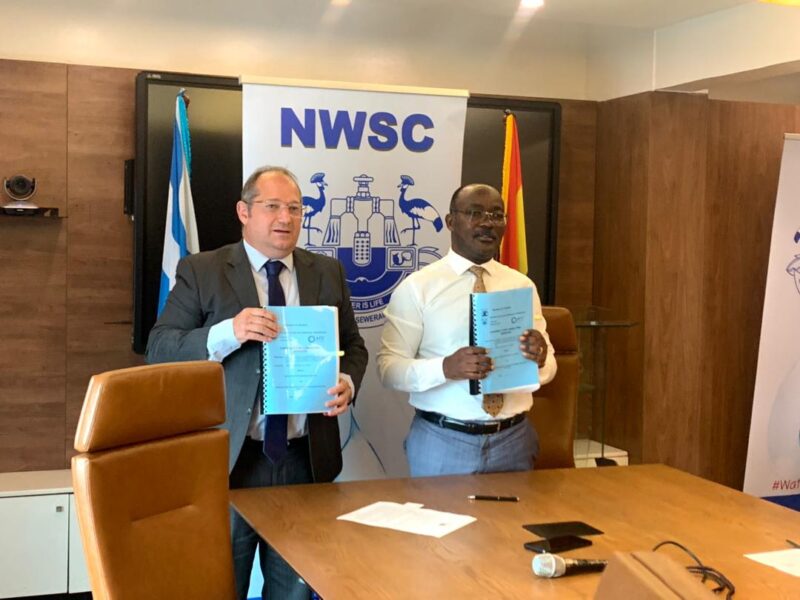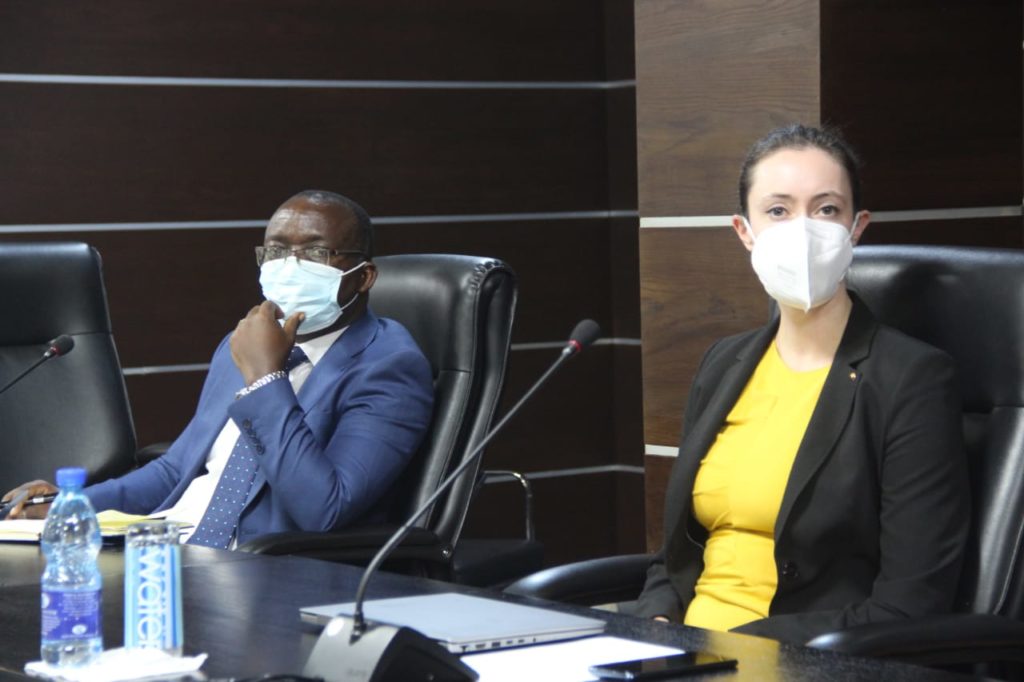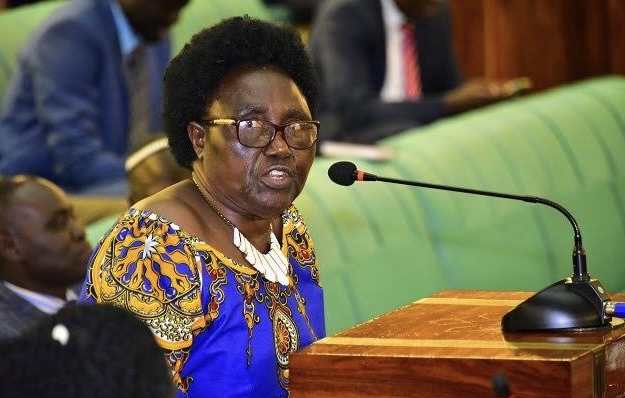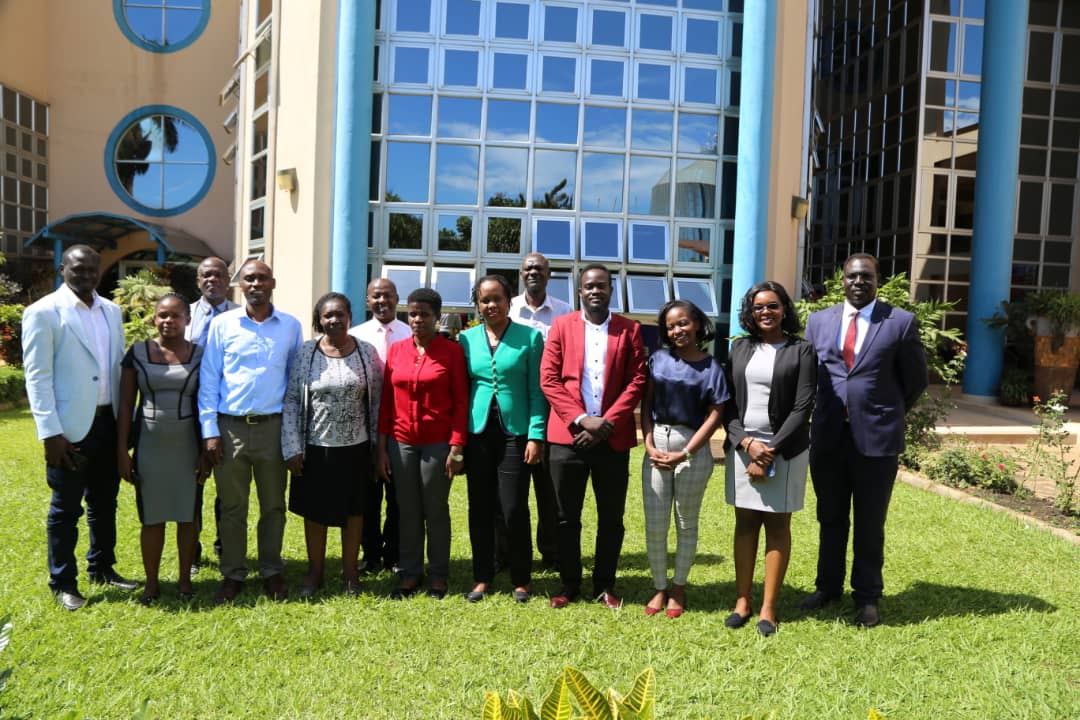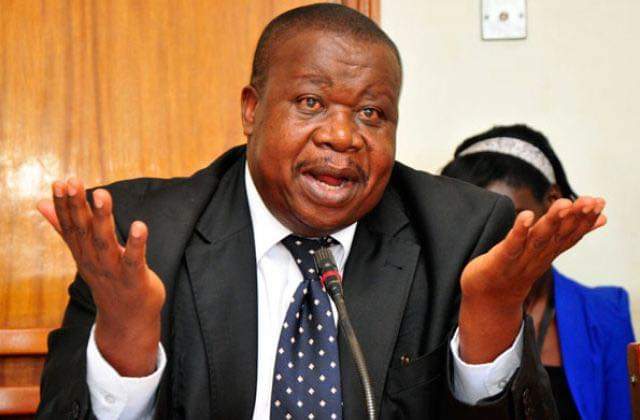The revelation has led to a clash of titans between Otafiire and General Jim Muhwezi, the influential Security Minister, sparking debates over who should oversee the implementation of the lucrative digital number plates scheme. The saga took a surprising turn when President Yoweri Museveni abruptly called off a parliamentary inquiry into the matter, seemingly in favor of Otafiire’s disclosures regarding the controversy surrounding the deal.
This development is being seen as a triumph for Otafiire, who has long been engaged in a behind-the-scenes power struggle with Muhwezi. At the core of the dispute lies the question of which ministerial office is better suited to oversee the implementation of the digital number plates project.
Otafiire contends that his position as the political overseer of the police force aligns well with the project’s focus on maintaining law and order. On the other hand, Muhwezi argues that the project’s security implications make it more appropriate for his office to supervise.
President Museveni initially introduced the initiative as a means to bolster counter-terrorism efforts by enabling security forces to quickly identify and track potential threats through the digital records of vehicles and motorcycles. The deal, which was initially controversially awarded to a foreign firm based in Russia, named Joint Stock Global Security, was previously in the hands of two local companies: GM Tumpeco, owned by prominent businessman Gordon Wavamunno, and Arnold Brooklyn.
However, Otafiire’s disclosures have cast doubt on the authenticity of the Russian firm’s claims. It has come to light that the Russian company lacks a known plant for manufacturing digital number plates, a key factor that was presented to the Ugandan government during secretive negotiations. Otafiire revealed that he dispatched spies to Russia to gather intelligence on the Russian firm’s facilities, only to find that they were unable to identify any such plant capable of producing the required number plates.
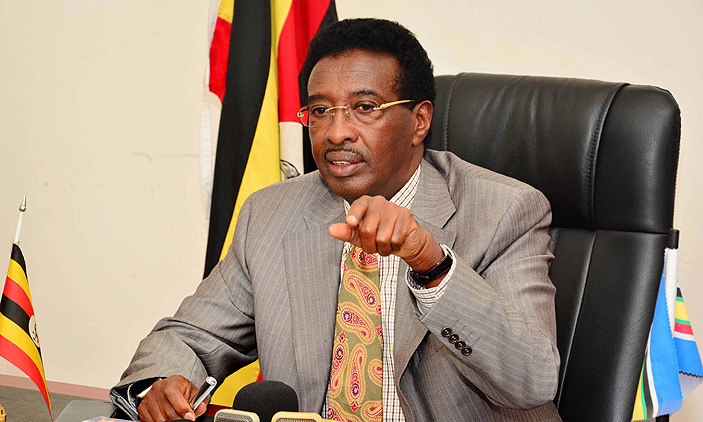
In a surprising twist, it was discovered that Muhwezi had also traveled to Russia on a mission to conduct due diligence on the same Russian firm. The conflicting information between Muhwezi’s findings and Otafiire’s espionage prompted further skepticism regarding the legitimacy of the deal. Otafiire argued that Poland, the country now claimed to host the manufacturing plant, is currently at odds with Russia due to the conflict in Ukraine, making such a venture unlikely.
The impact of this scandal extended to Gen Elly Tumwine (RIEP), who was removed from his security cabinet position and subsequently dropped from the cabinet altogether after raising concerns about the legitimacy of the Russian firm. This abrupt change led to suspicions of high-level manipulation within the government’s decision-making processes.
Otafiire’s involvement took a more direct turn when businessman Gordon Wavamunno, owner of GM Tumpeco, approached him with concerns over the removal of his company from the digital number plates deal. Otafiire submitted Wavamunno’s grievances to the president, requesting that both Wavamunno’s firm and Arnold Reynolds be allowed to participate alongside the Russian firm.
Despite Otafiire’s efforts, the situation took another unexpected turn when agents of the Russian firm were discovered at Naguru police headquarters, seeking access to the ICT platform provided by Huawei to connect the digital number plates. Otafiire, concerned about security breaches and potential legal repercussions, instructed police to deny the Russian agent’s access.
Furthermore, Otafiire and Uganda Revenue Authority’s Commissioner General Musinguzi Rujoki voiced concerns about the exorbitant fees proposed by the Russian firm for the digital number plates. The suggested fee of approximately UGX750,000 per vehicle, or UGX150,000 for motorcycle owners, has sparked public outrage, particularly among boda-boda riders.
In response to these mounting concerns, President Museveni has postponed the parliamentary inquiry, signaling his intention to thoroughly investigate Otafiire’s revelations and the surrounding controversy. The ongoing power struggle between Otafiire and Muhwezi, fueled by the complexities of the digital number plates deal, continues to captivate Ugandans and raise questions about transparency and accountability within the government’s procurement processes
Author Profile
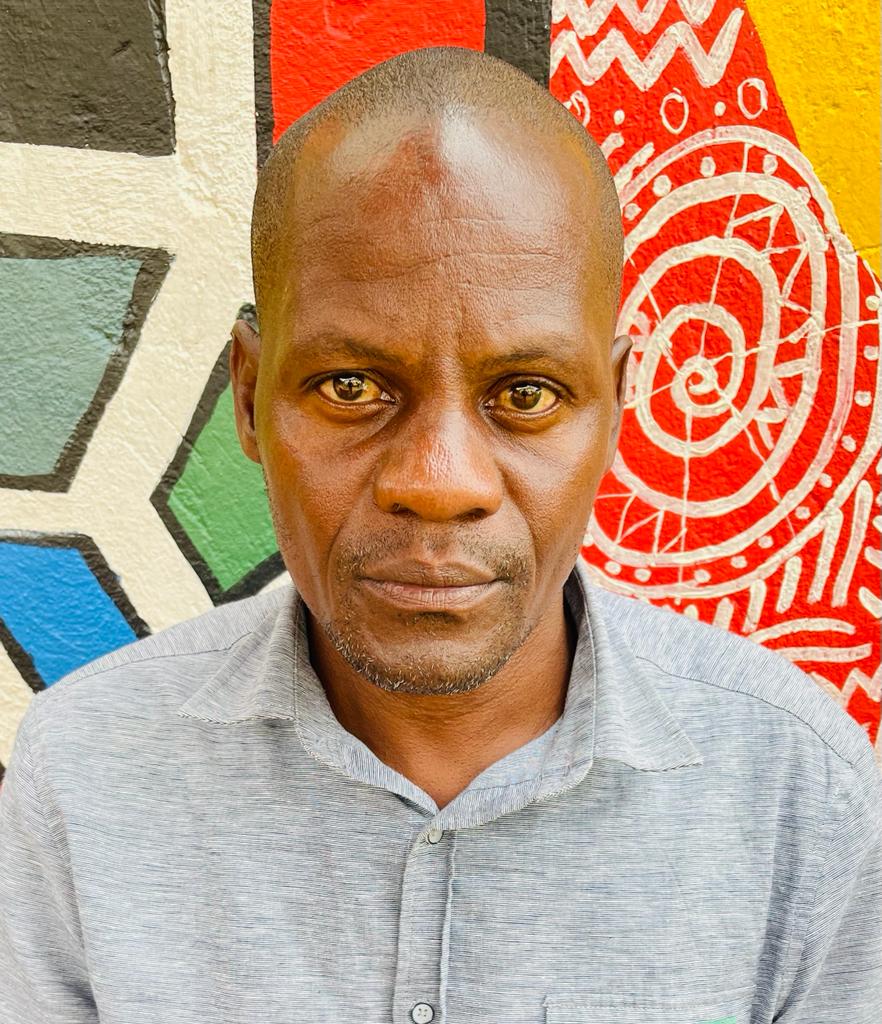
- Mr. Stephen Kasozi Muwambi is a seasoned crime investigative writer, majoring in judicial-based stories. His two decades’ experience as a senior investigative journalist has made him one of the best to reckon on in Uganda. He can also be reached via [email protected]
Latest entries
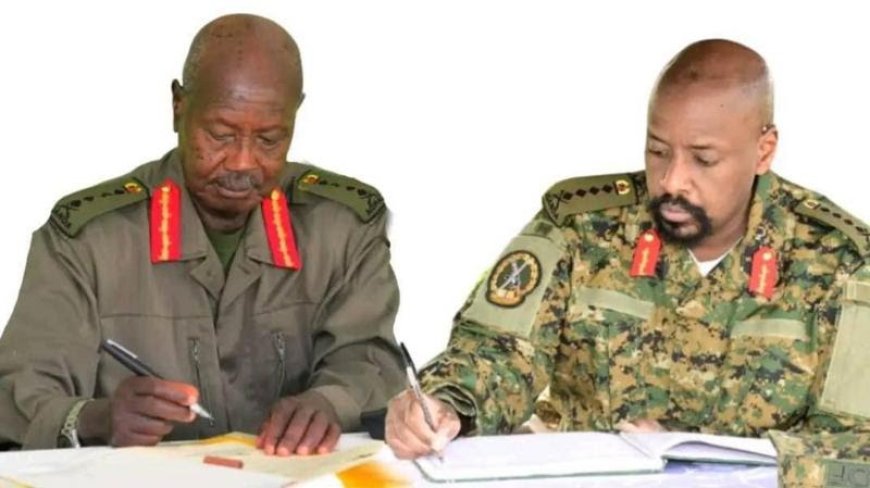 FeaturedApril 10, 2024The Bitter Pill: Navigating `President Muhoozi’s Only Two Remaining Realistic Roadblocks onto His Roll Coaster Ride to Uganda`s State House
FeaturedApril 10, 2024The Bitter Pill: Navigating `President Muhoozi’s Only Two Remaining Realistic Roadblocks onto His Roll Coaster Ride to Uganda`s State House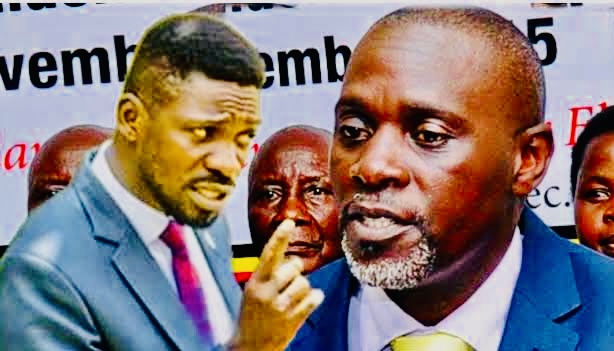 Crime newsMarch 29, 2024Stop Already… You`re Offside: Speaker Anita Among and MP Dr. Abed Bwanika Have No Moral Authority to Insinuate Bobi Wine`s Stand on Gays
Crime newsMarch 29, 2024Stop Already… You`re Offside: Speaker Anita Among and MP Dr. Abed Bwanika Have No Moral Authority to Insinuate Bobi Wine`s Stand on Gays FeaturedMarch 29, 2024My View of a Disguised Coup: Celebrated Rebel Museveni Uses Slightly Amended Cabinet List to Carry Out Palace Overthrow Against Himself, Muhoozi
FeaturedMarch 29, 2024My View of a Disguised Coup: Celebrated Rebel Museveni Uses Slightly Amended Cabinet List to Carry Out Palace Overthrow Against Himself, Muhoozi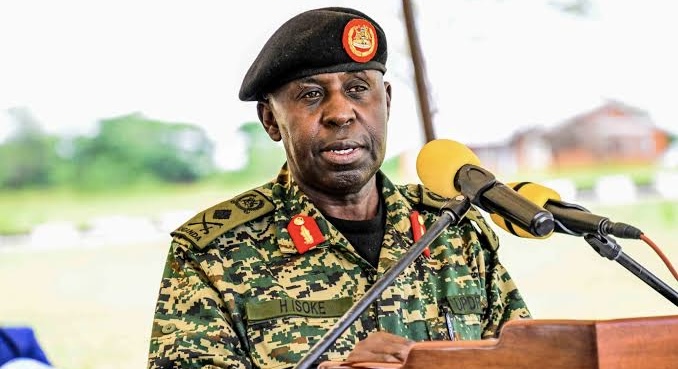 Crime newsMarch 29, 2024Rot At SHACU: Auditing the Rot at State House Anti-Graft Outfit Which Is Turning into A Serious Den of Mafia and Potentially Criminal Gangs
Crime newsMarch 29, 2024Rot At SHACU: Auditing the Rot at State House Anti-Graft Outfit Which Is Turning into A Serious Den of Mafia and Potentially Criminal Gangs


